Photos and content courtesy Maatram.org
As of today, the families of the disappeared have been protesting, across the North and East. In some areas, it has been over 290 days. Their pleas, to provide details about what happened to their families, have yet to be answered. Five of the protesters have died since the protests began. In light of Human Rights Day, which falls on December 10, Groundviews translated this series, to highlight their continuing struggle
All names have been withheld to maintain the privacy of the individuals interviewed.
Maatram:
“Do you have anything that reminds you of your son/daughter/husband/grandchildren? Something that they used?”
Mother/Father/Wife/Sister/Grandmother:
“I have, son. I kept it safely. I washed my son’s blood-stained shirt, and kept it with me.”
“Yes, brother. I have one brother’s camera, and the other’s comb. I have my husband’s shirt as well.”
“We only had our clothes when we crossed over to the Army side, right? We didn’t have anything else. We thought our son would return, and that’s why we handed him over to the Army.”
“I have the blazer that we made for him to wear for his elder brother’s wedding. Since that’s all I had left in my suitcase, that’s the only thing I have to remember him.”
“I have the bedsheet my husband used. When she thinks of him, my daughter covers herself with this sheet.”
“This is a shirt my son sewed himself. He used to make clothes for me as well.”
The relatives of those who have been forcibly disappeared live on. They live surrounded by treasured possessions, each a reminder of their loved one’s absence. They pass by the places they once walked, and meet people their missing ones loved.
Recently Maatram visited these families to ask them a difficult question – if they would share their loved one’s possessions to be photographed. Upon asking this question, they wept bitterly. Their pain cannot be described with words.
Still, they came forward with these treasured belongings, wet with tears. They believe their loved ones will return. It was with great relief that their loved ones had survived, through bullets and shellfire that they handed them over to the Army. Now, since they haven’t returned, they are suffering.
Their sadness is immeasurable.
This is their story.
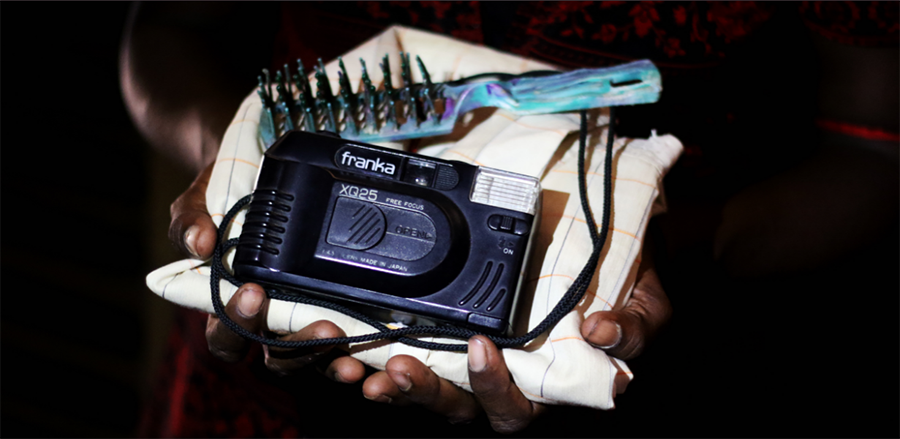
“During the last stages of the war, we handed our family over to the Army ourselves – my two younger brothers, aged 27 and 29 years, and my 30-year-old husband. Believing that they would question them and then release them shortly, we got into the bus and went to the IDP camp. At that time, I was 7 months pregnant with my second child (a daughter). My father said, “We can’t wait here without food or drink, let’s go back. They’ll return soon.”
They still haven’t come back. We have had to submit their documents to so many Commissions of Inquiry, and each time it costs us Rs. 300 or Rs. 400. They ask us who we handed our family over to, if we remember any names, and if we can remember any medals or symbols they were wearing. At that time we didn’t even have clothes to change into. We were going through such hardship, so how can we be expected to remember all these details?
Instead of making us search all this time, they should tell us whether our loved ones are alive or not. My children are always asking for their father. My daughter is now 8, and she still hasn’t seen her father. My son is 11. Whenever there is an event at school, he always sings about his father. They ask me if I have his phone number. If I die without finding my husband, I can manage. But at least if they can find one of my brothers, my mother and father can die at peace.
People who remember those who were lost in Mullivaikkal will remember in a month, 6 months, or a year. For us, we remember our family every day with sadness, and we will do so until we die. I still wear my pottu and wedding thali, thinking that I will see my husband again. My mother and father give me courage to keep going. If not for them I don’t know what I would do.”
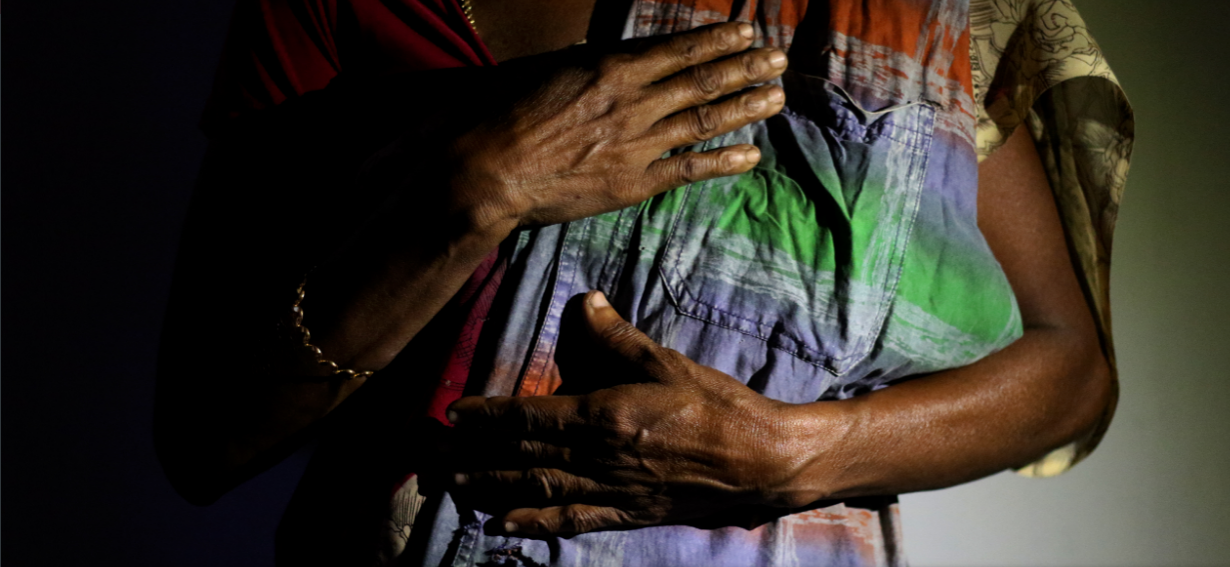
“My son’s name is Nalinikanth. At home, we call him Vijay. He is well-known in our village by that name. In 2007, the LTTE forcibly recruited him. He was just 19 years old. I never saw him again, but someone met him after I last saw him. He told them that he would be surrendering to the Army, and asked them to let me know. I never saw him again. Some people from the fourth floor (Editor’s Note: referring to the infamous fourth floor of the CID) came and said they had details about someone in their custody. The area was right, the Grama Sevaka Division was correct, even my name and my husband’s was correct, but the name of the person concerned was Vinothkanth, not Nalinikanth. They said they would clear up the confusion and let us know, but they never came back. We will only find peace when we know if our children are alive or dead. Since we don’t know, our minds are in tumult.”
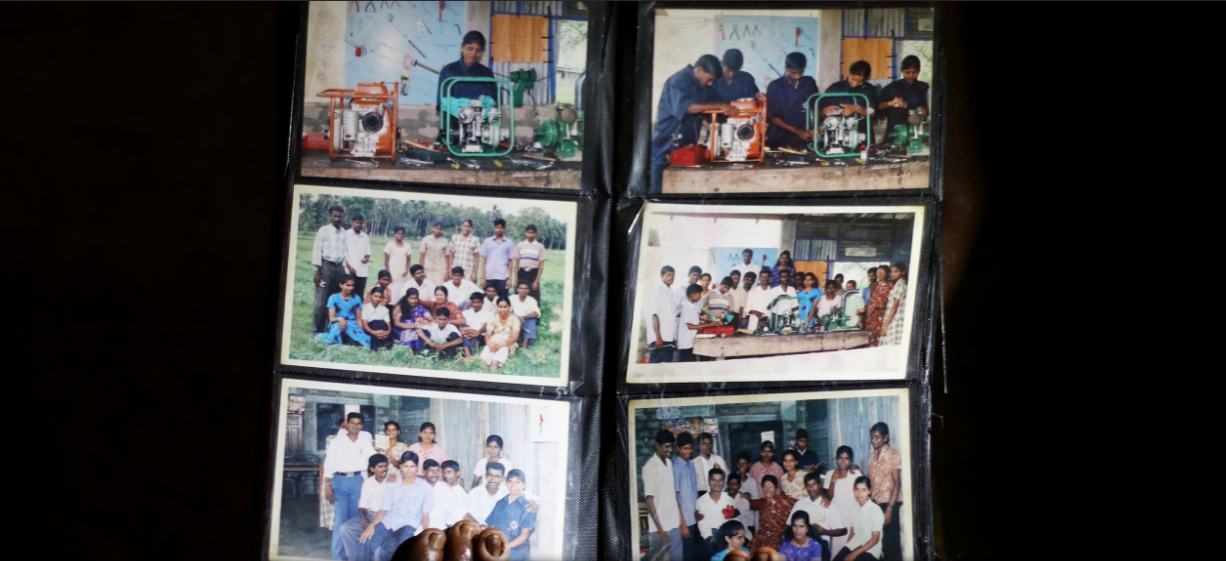
“My daughter was forcibly recruited by the LTTE, after finishing technical college. In 2008, she came for a relative’s funeral. We saw her for the last time around the end of 2008. When I went to the IDP camp, I heard she was at the Mannar hospital. I went and looked for her. She wasn’t there, but her name was registered by some police stationed at the hospital. Someone had come and taken her. A number of people from Ottuchutan were at the hospital. I showed them my daughter’s picture and asked if they had seen her. They said they recognised her, and said that her hand was injured. I heard from others that she had been shifted to the Pambaimadu detention camp. When I went there, I met a girl with the same name as my daughter, but it wasn’t her. This girl was from Trincomalee. I am still searching for my daughter.”
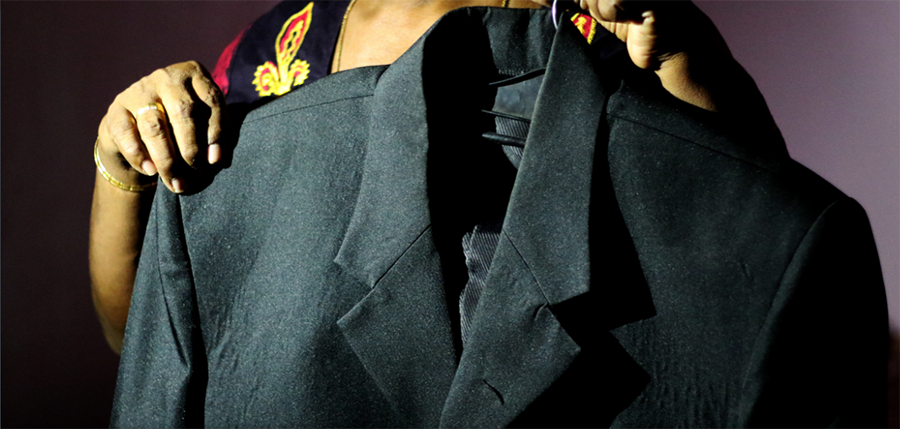
“My son’s name is Johnson Idaydaas, from Thazhayadi, Jaffna. My husband, son and I were one of the unfortunate few trapped in the middle during the last stages of the war. We escaped by boat. It was only when we alighted that we realised that our son wasn’t with us. First, we put a notice in Virakesari newspaper. We didn’t receive a reply. In 2011, we put a notice in the Uthayan newspaper, with my contact number. One night, at around 11 pm, he called me. First, I heard a voice speaking in Sinhala, then the line was cut. I redialled the number, and said, “Sir, sir” to the person on the other end. He replied, “Five minutes only, five minutes only,” and gave the phone to my son. I asked him where he was. He said, “Don’t search for me. I don’t know if they would allow you to see me even if you did search for me. In any case it will be difficult due to your age. I am alive.” He said he didn’t know where he was, but said he was with 53 others. “There is a shortage of food and clothes. If you can get in touch again, please bring some clothes,” he told me. I asked him, “Why do you sound different?” He said “They are giving me injections.” I wanted to check if it was him, so I asked if he could remember his younger sister. “Why, we lost her in the tsunami, why are you reminding me now,” he said and began crying. I started to cry as well, and the line was cut. From that day to this, I have not been able to contact him. I am surviving with the thought that he is still alive.
This government has to do something. Not just for my son, they should tell everyone whose family is missing whether they are alive or dead. I just want to know whether he is alive or dead, that is my only wish.
Recently my elder son wore Johnson’s blazer to go for a family wedding. Before that, when he was going to Colombo, I asked him to wear one of his younger brother’s shirts. I told him it would bring him good luck. We made this blazer for his elder brother’s wedding, in 2007. When we were displaced, this blazer and four sarees were all I had in a bag. This is all I have of his possessions.”
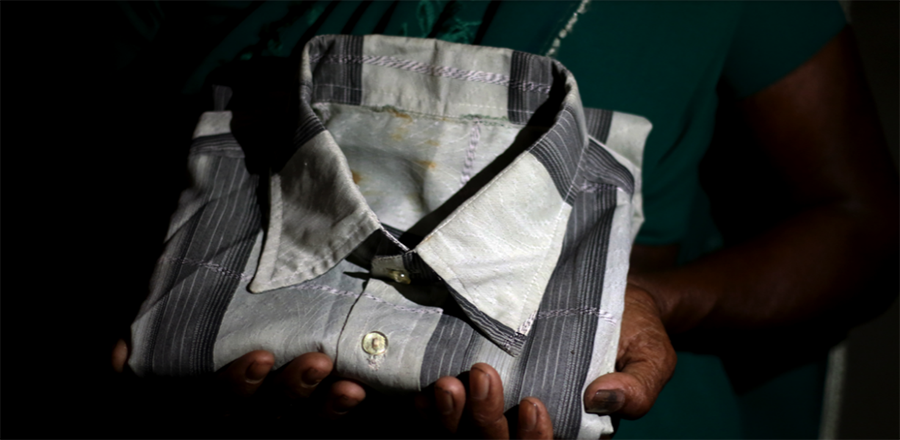
“On April 28, 2009, we were in a bunker. The Army came and took us away. One of our sons passed away, and it was our other son who made all the funeral arrangements. After the funeral, he put his brother’s wife and children into the last ship, but he stayed behind. At that time, he was 23 years old. I still don’t know where he is. On April 12, 2009, he came and left his sarong and shirt at home. To this day, I keep them to remember him. When I look at his clothes, I feel that he is alive. No one can tell me he is not alive. I know that he is.”
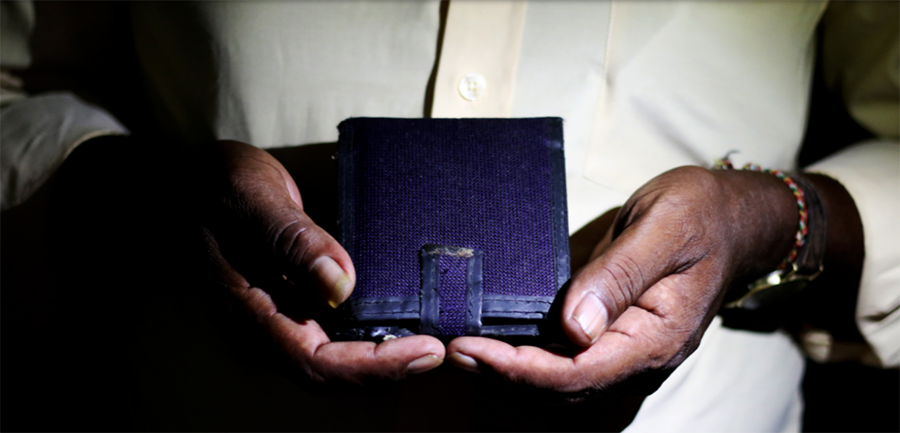
“My son disappeared during the last stage of the war in 2009. So far, we have not heard any information about his whereabouts. He was just 17 years old, and was sitting for his Advanced Level examinations. We have lodged complaints everywhere – with the ICRC, numerous Commissions, the police and CID. I want to know if he is alive or dead. We have all his possessions, his clothes in a box. When we look at them, we remember him.
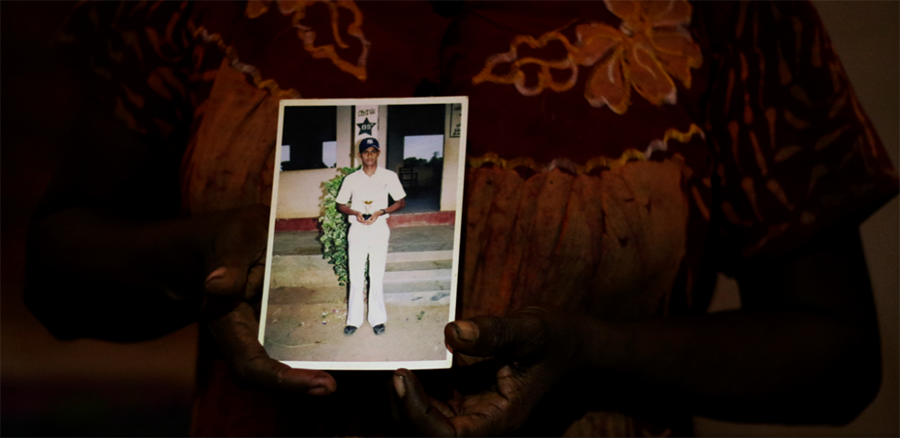
“During the last stage of the war, I was injured when we were crossing to the Army side. They took the injured people separately, so I got separated from my son. I begged them to let me travel to the hospital with my son. Since that day, I don’t know where he is. Someone said he was in the detention camps. I went to 8 camps and looked for him, but he wasn’t at any of them. He was sitting for his Advanced Level examinations at that time. My son isn’t a member of the LTTE, so he has to be alive, I believe that. Only God knows whether the Government would give any information.”
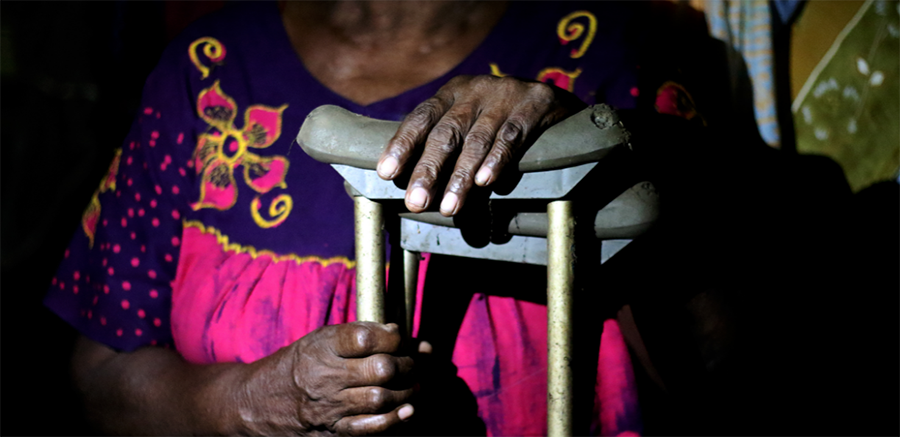
“My son sat for his Advanced Level examinations in 2006. In 2008, he was forcibly recruited by the LTTE. That same year, in Manalaru, the LTTE sent him to dig for an underground bunker. That area was shelled and he lost a leg. After that, the LTTE released him, and he was with us. Our son went missing during the battle of Mullivaikkal. On that day, he went with a friend to the beach. He never came home after that.
Two of my granddaughters were in the Sencholai children’s home which is in Puthukudiyiruppu. When the Army surrounded the area, they were displaced. One of them went missing in the chaos. We have yet to find her as well.”
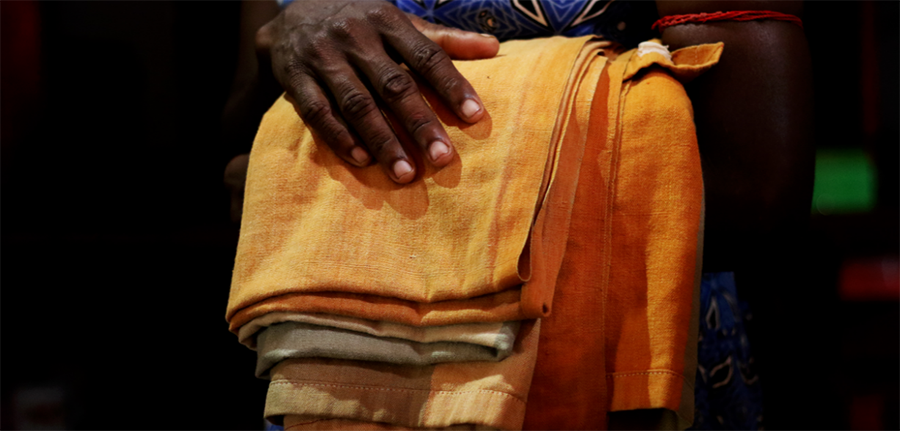
“My husband was a member of the LTTE. I handed him over to the Army. My husband said, “If I go, I won’t return.” I told him, “If everyone is surrendering to the Army, why do you think only you won’t come back?” I feel guilt because I am the one who convinced him to surrender although he didn’t want to. I recognised my husband in a photo Virakesari published - he was fourth in a row of people. I took the photo and lodged complaints everywhere, including the ICRC. I too was a member of the LTTE, but was released from the camp because I have two young children. After being released, the CID continuously harassed me. I told them, ‘I have registered everywhere as a member of the LTTE. If you want to arrest me, then please find my husband and bring him so that he can look after the children. Then you can arrest me.
Once you hand over someone to the Army, they should give details about what happened to them. Though I was a member of the LTTE, I didn’t hide anywhere. I stayed in my house, because my husband would know to find me there. If I leave, he wouldn’t be able to find me. So until the Government releases him, I will stay here. When my daughter thinks of him, she uses his bedsheet to cover herself.”
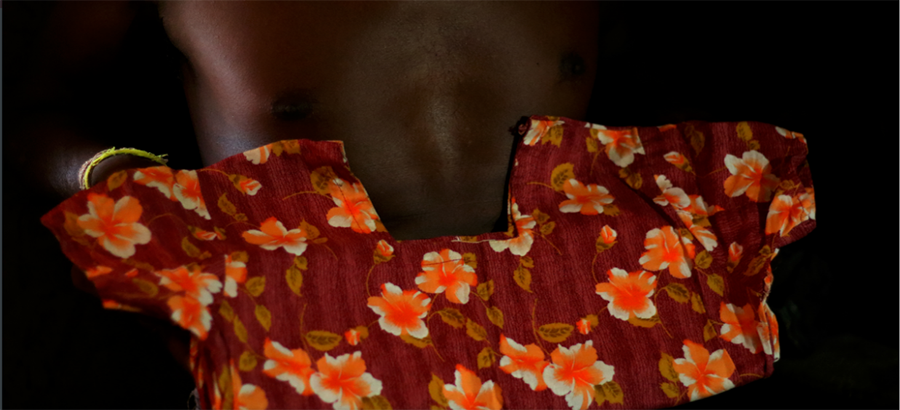
“I have one son. The LTTE continually asked us to give him to them. The last time, instead of taking my son, they took my daughter. She was in grade 9. During the final stages of the war, I saw her but once the fighting intensified, I lost track of her. I searched for her in many camps after the war, including the Ambepussa camp. I went to Colombo as well, but did not find her there. I don’t know what happened to her.”
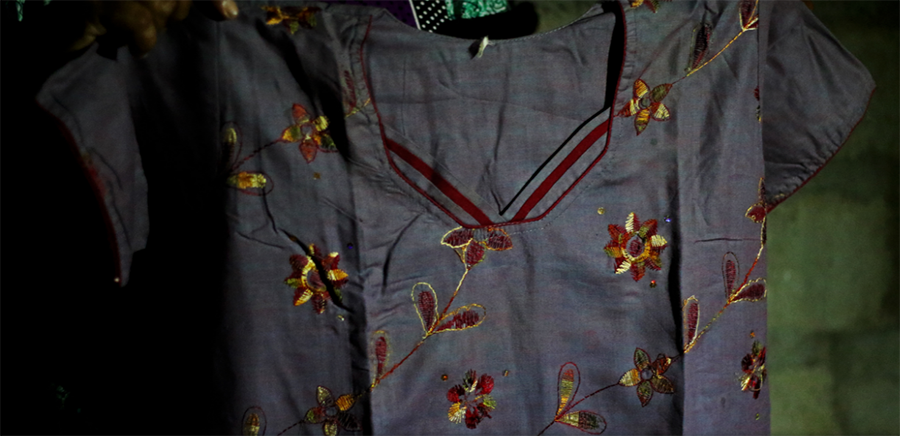
“I have four daughters. It was the eldest who disappeared. She used to support the family with her income. She went missing during one of the more intense battles near the end of the war, when shellfire was heavy. Many people said that they saw her near Vattuvaagal. Since it was a border area between the LTTE and the Army, I still believe she is alive and in a detention camp somewhere. My husband is now paralysed, suffering with depression because of the loss of our daughter.”
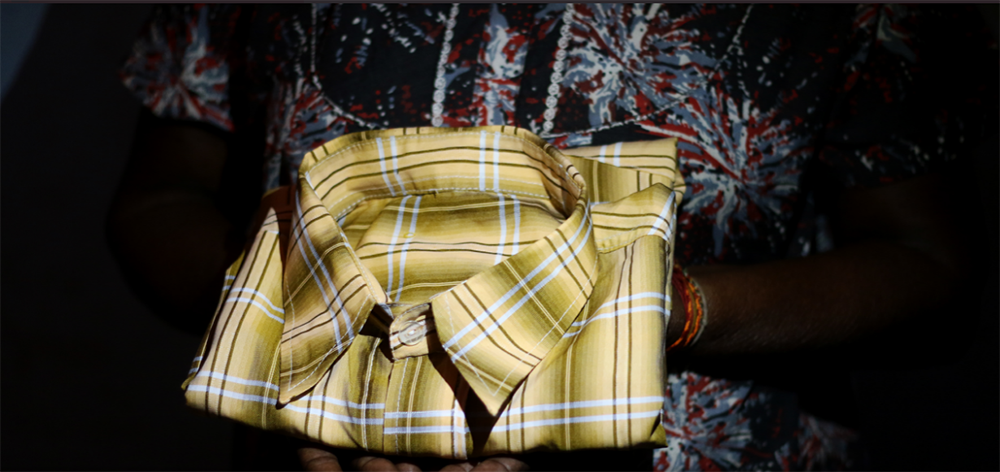
“My son worked as a tailor for 15 years. This is a shirt he made himself. He used to make clothes for me and even my daughter’s children. May 17, 2009, we crossed to the Army controlled area, and handed our son over to the Army. We did so believing that they would release my son. After that, we never saw him.”
The families of those who have been forcibly disappeared await answers.
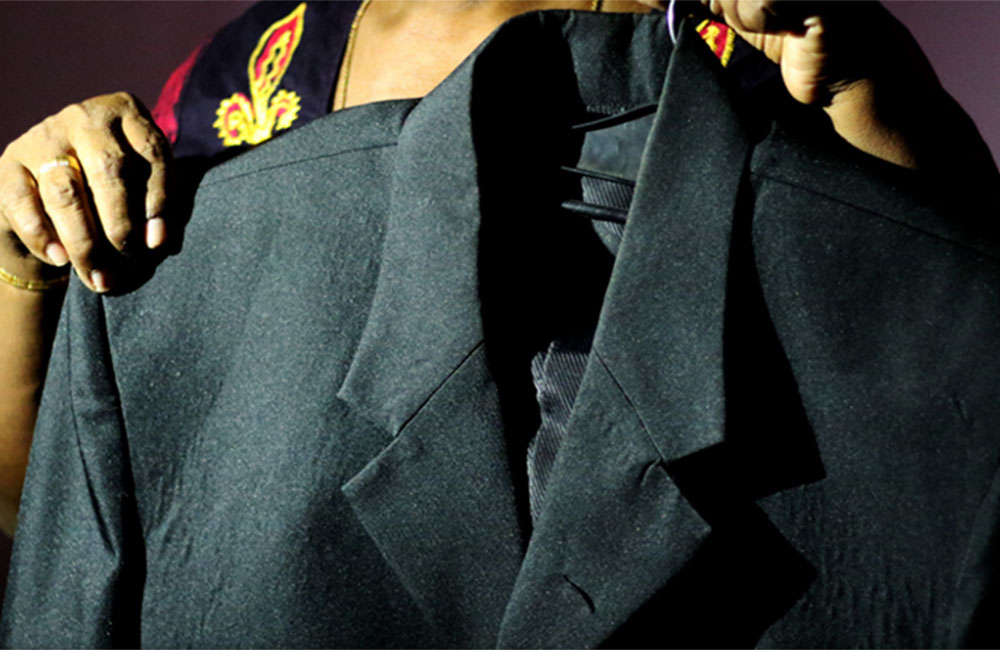
Leave your comments
Login to post a comment
Post comment as a guest